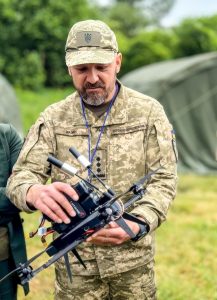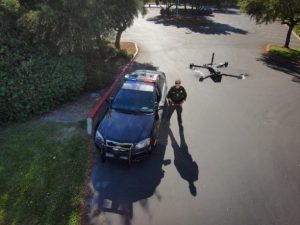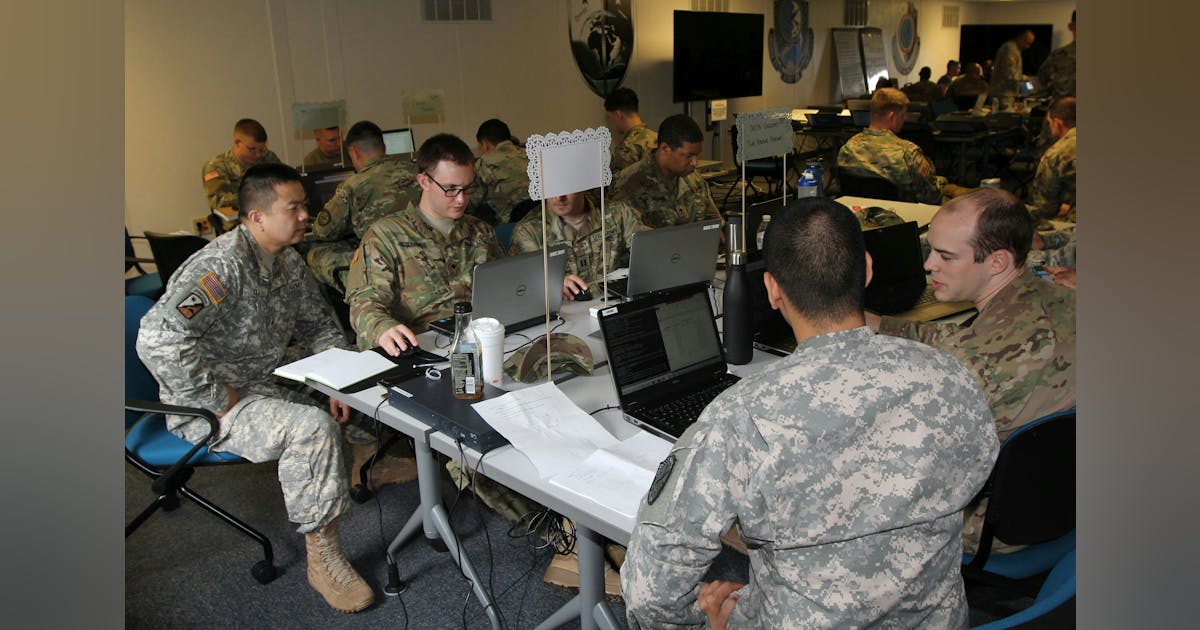Assessing Vulnerabilities of Battlefield AI to Cyber and Electronic Warfare Attacks
March 27, 2025 – Military artificial intelligence (AI) is facing potential threats from various cyber attacks, including data poisoning, adversarial evasion techniques, and model theft. The U.S. military is actively seeking solutions from industry experts to evaluate these vulnerabilities.
U.S. DARPA’s SABER Initiative
The Defense Advanced Research Projects Agency (DARPA) in Arlington, Virginia, has recently announced the Securing Artificial Intelligence for Battlefield Effective Robustness (SABER) project. This initiative aims to create a dedicated research team to develop countermeasures against cyber threats targeting military AI-driven systems.
Understanding AI Security Risks
Currently, there are no established methods to assess military AI systems deployed on the battlefield concerning their vulnerability to cyber attacks. DARPA officials emphasize a critical gap in understanding the security risks associated with AI-enhanced operational frameworks.
Project Goals
The SABER project intends to form a dedicated AI research group capable of implementing sophisticated techniques and tools necessary for evaluating battlefield AI vulnerabilities. As AI technology matures, its integration into military systems could significantly enhance agility, precision, and decision-making capabilities.
However, the susceptibility of AI systems to adversaries manipulating their data inputs poses considerable threats, leading to potential attacks through data poisoning, evasive adversarial modifications, and model theft.
Focus on Autonomous Systems
The SABER team will examine vulnerabilities in both ground and aerial autonomous systems expected to be operational within one to three years. The initiative invites contractors to innovate adversarial AI techniques, cyber security measures, and electronic warfare strategies to enable comprehensive AI cyber vulnerability assessments. Lt. Col. Nathaniel Bastian will manage the SABER program.
Call for Submissions
Interested contractors are encouraged to submit abstracts by March 31, 2025, with full proposals due by May 6, 2025, via the DARPA BAA Tool available at DARPA BAA Tool. Multiple contracts are expected to be awarded, and submission of abstracts is not mandatory for proposal submission.
For further inquiries, please reach out to DARPA at [email protected]. More details on the project can be found at SAM.gov Opportunity.
About the Author
John Keller is the Editor-in-Chief of Military & Aerospace Electronics Magazine, with a focus on electronics and optoelectronic technologies in military and aerospace applications. With a tenure at Military & Aerospace Electronics since 1989 and as chief editor since 1995, he provides valuable insights into the industry.













